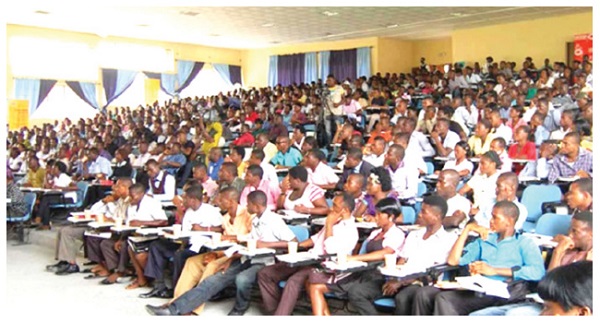In a move to revamp technical education and prepare students for the evolving global economy, the federal government has introduced 26 new trade subjects across all Federal Science and Technical Colleges (FSTCs) curriculum nationwide.
This curriculum overhaul is part of a larger initiative to align technical training with current industry demands and strengthen key sectors like manufacturing, services, and the digital economy.
According to Folasade Boriowo, spokesperson for the Federal Ministry of Education, this reform will enable FSTCs to function fully as specialized technical institutions.
Education Minister Tunji Alausa emphasized that the updated curriculum is designed to equip students with practical skills tailored to industry needs, enhancing their employability and empowering them to contribute meaningfully to national development.
Under the new structure, each technical college will offer between six and ten trade subjects, with students expected to take a combination of trade courses, core academic subjects, and electives. Specifically, students will study:
Read Also
READ ALSO: Full List: FG Approves 26 Tradepreneur Courses In New Curriculum
- One main trade course
- Five or six general subjects such as Mathematics, English Language, Physics, Chemistry, Biology, and Citizenship and Heritage Studies
- Two or three trade-related subjects
- One elective
This balanced approach ensures students receive both theoretical knowledge and hands-on experience.
Below is a rundown of the diverse trade courses now available to students:
- Autobody Works
- Auto-Electrical Wiring
- Automobile CNG Conversion & Maintenance
- Automobile Mechanics
- Beauty Therapy & Cosmetology
- Brick Laying, Block Laying & Concreting
- Catering Craft Practice
- Computer Hardware & GSM Repair
- Creative Media (Digital Media Production)
- Electronic Systems Maintenance Craft
- Fashion Design & Garment Making
- Fish Farming (Aquaculture)
- Furniture Making & Upholstery
- Leather Works
- Livestock Farming/Animal Husbandry
- Networking & System Security (Satellite/TV Antenna Installation)
- Mechanised Agriculture (Smart Agriculture)
- Motorcycle & Tricycle Repairs
- Plumbing & Pipe Fitting
- Refrigeration & Air-conditioning
- Social Media Content Creation & Management
- Painting, Decoration & Interior Finishes
- Solar PV Installation & Maintenance
- Welding & Fabrication
- Woodwork, Carpentry & Joinery
- Tiling & Cladding (Decorative Stonework/Floor Cover)
With this revamped curriculum, Nigerian students are poised to gain skills that directly meet labor market demands, improving their chances of employment and entrepreneurship.
The government’s focus on trades ranging from traditional craftsmanship to digital and green technologies underscores a commitment to sustainable development and innovation





